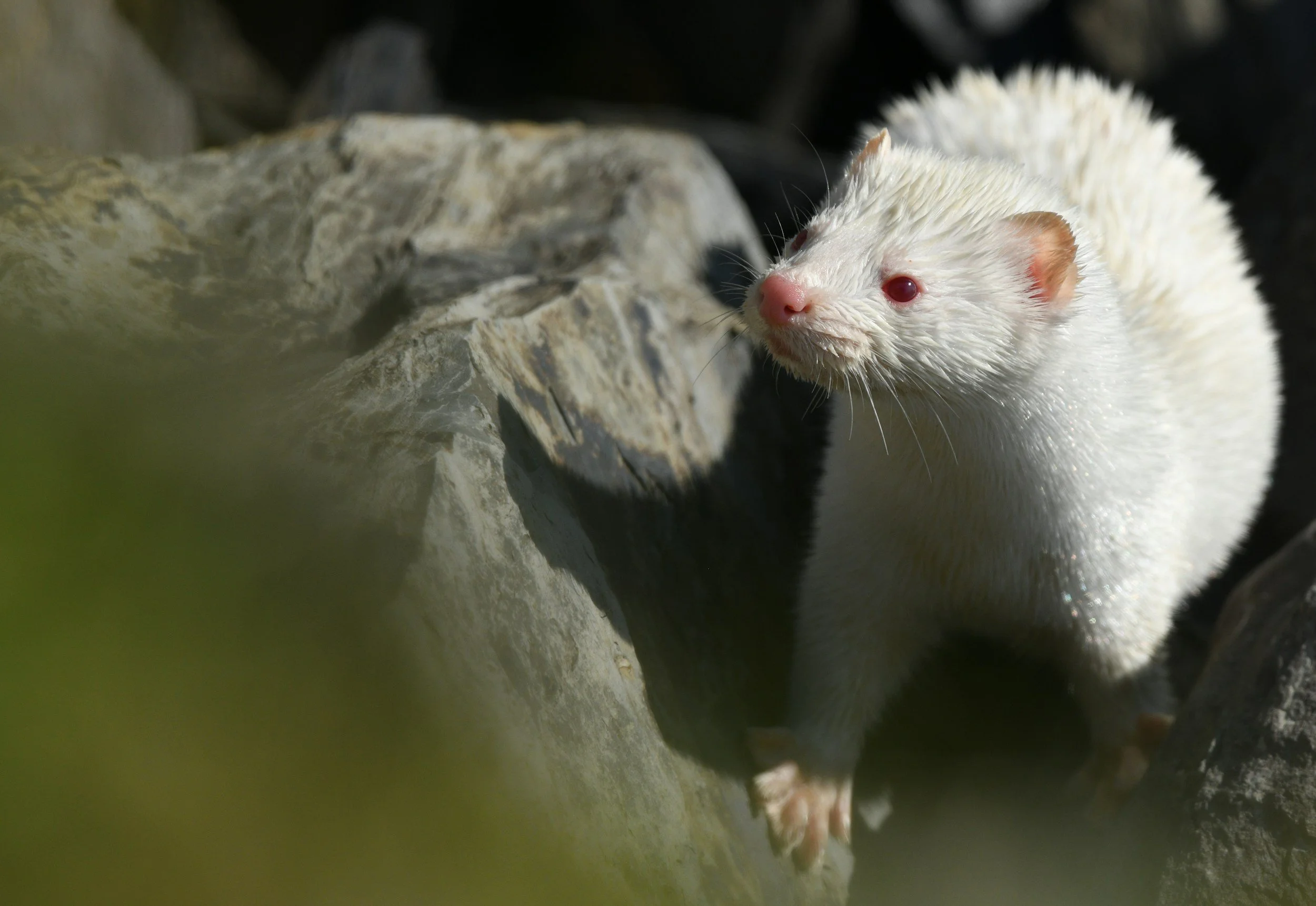Scientists Use Spinach ‘Skeletons’ To Grow Lab-Grown Meat In New Study
The incredible finding signals just how sustainable the future of food can be, as lab-grown meat further positions itself as one of the leading solutions to feeding an ever-growing global population.
Researchers at Boston College have used spinach as the building blocks to grow lab-grown meat, in a scientific first that highlights some of the sustainable possibilities of lab-grown protein.
The study, published in the scientific journal Food Bioscience, used the veiny skeleton of a spinach leaf to support the growth of artificial meat from animal protein cells. The spinach was used as an ‘edible scaffold’ which demonstrated the ability to grow bovine muscle cells as they develop into meat.
The cells that developed on the spinach leaf scaffolds showed evidence of skeletal muscle formation and remained viable after 14 days.
According to the report, these findings suggest that spinach is a cost-efficient and environmentally friendly scaffold that can potentially accelerate the development of laboratory-grown meat.
"Cellular agriculture has the potential to produce meat that replicates the structure of traditionally grown meat while minimizing the land and water requirements," says Boston College Professor of Engineering, Glenn Gaudette, the study’s lead author. "We demonstrate that decellularizing spinach leaves can be used as an edible scaffold to grow bovine muscle cells as they develop into meat."
Also known as cell-based or cultured meat, lab-grown meat is one of the leading solutions to eliminating factory farms and making the suffering of animals in the farming industry a thing of the past. And because it’s crafted in a lab rather than via animals on a farm, it’s healthier than conventional meat because it contains no antibiotics.
"We need environmentally and ethically friendly ways to grow meat in order to feed the growing population," explains Gaudette. "We set out to see if we can use an edible scaffold to accomplish this. Muscle cells are anchorage dependent, meaning they need to grab on to something in order to grow. In the lab, we can use plastic tissue culture plates, but plastic is not edible."
Whilst still in a very early stage, Gaudette’s findings highlight the sustainable potential of lab-grown meat as the future of food.
Fascinated by lab-grown meat? Check out our podcast focus The Future of Food - where we talk with the game changers who are leading the way toward a world without factory farms and slaughterhouses.
More stories:
Species Unite
A collection of stories of those who fight the good fight on behalf of animals.




The whereabouts of two baby giraffes remain unknown after a zoo owner withheld their location and was jailed for contempt.